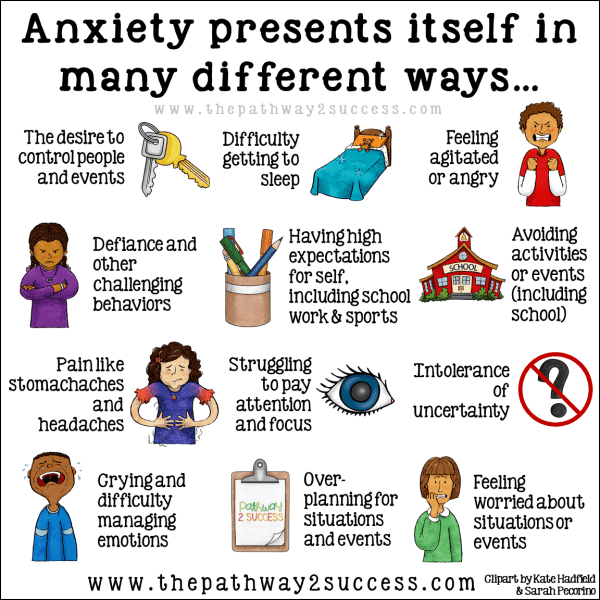Coping with Anxiety: Techniques for Managing Symptoms and Seeking Help
Coping with Anxiety: Simple Techniques for Managing Symptoms and Finding Support
Introduction:
Anxiety is a common and normal reaction to stress, but when it becomes overwhelming and persistent, it can significantly impact daily life. Coping with anxiety involves learning effective techniques to manage symptoms and seeking support when needed. Let's explore some simple strategies for coping with anxiety and finding help.
Understanding Anxiety:
Anxiety is a natural response to stress or danger, often characterized by feelings of worry, fear, or unease. While occasional anxiety is normal, chronic or excessive anxiety can interfere with daily activities and overall well-being. Common symptoms of anxiety include:
- - Persistent worrying
- - Restlessness or irritability
- - Difficulty concentrating
- - Muscle tension
- - Fatigue
- - Trouble sleeping
Techniques for Managing Anxiety:
1. Practice Deep Breathing:
Deep breathing exercises can help calm the body's stress response and promote relaxation. Try deep belly breathing by inhaling slowly through your nose, allowing your belly to rise, and exhaling slowly through your mouth, letting your belly fall. Repeat this process several times to reduce anxiety.
2. Mindfulness and Meditation:
Mindfulness techniques, such as meditation and guided imagery, can help you stay grounded and present in the moment, reducing anxious thoughts and feelings. Practice mindfulness by focusing on your breath, sensations in your body, or the sounds around you.
3. Stay Active:
Regular physical activity can help reduce anxiety and improve mood by releasing endorphins, the body's natural stress relievers. Engage in activities you enjoy, such as walking, jogging, dancing, or yoga, to help manage anxiety symptoms.
4. Limit Stimulants:
Limiting stimulants such as caffeine and nicotine can help reduce anxiety symptoms, as these substances can increase feelings of jitteriness and nervousness. Opt for decaffeinated beverages and consider cutting back on or quitting smoking to support anxiety management.
5. Establish a Routine:
Creating a daily routine can provide structure and stability, which can be comforting for individuals with anxiety. Set consistent wake-up and bedtime routines, schedule regular meals and activities, and prioritize self-care activities to promote a sense of balance and predictability.
Seeking Help for Anxiety:
If anxiety is significantly impacting your daily life and functioning, don't hesitate to seek professional help. Consider the following options:
1. Talk to a Therapist:
Therapy, such as cognitive-behavioral therapy (CBT), can help you learn coping skills, challenge negative thought patterns, and develop strategies for managing anxiety. A therapist can provide support and guidance tailored to your individual needs.
2. Consult a Healthcare Provider:
If anxiety symptoms are severe or persistent, consider consulting a healthcare provider, such as a primary care physician or psychiatrist. They can assess your symptoms, rule out any underlying medical conditions, and recommend appropriate treatment options, including medication if necessary.
3. Join a Support Group:
Joining a support group for individuals with anxiety can provide validation, encouragement, and practical tips for coping with symptoms. Connecting with others who understand what you're going through can reduce feelings of isolation and offer a sense of belonging.
Conclusion:
Coping with anxiety involves learning effective techniques to manage symptoms and seeking support when needed. By practicing deep breathing, mindfulness, staying active, limiting stimulants, establishing a routine, and seeking help from therapists, healthcare providers, or support groups, you can develop strategies to effectively manage anxiety and improve overall well-being. Remember that it's okay to ask for help, and you're not alone in your journey toward anxiety management and recovery.



Post a Comment